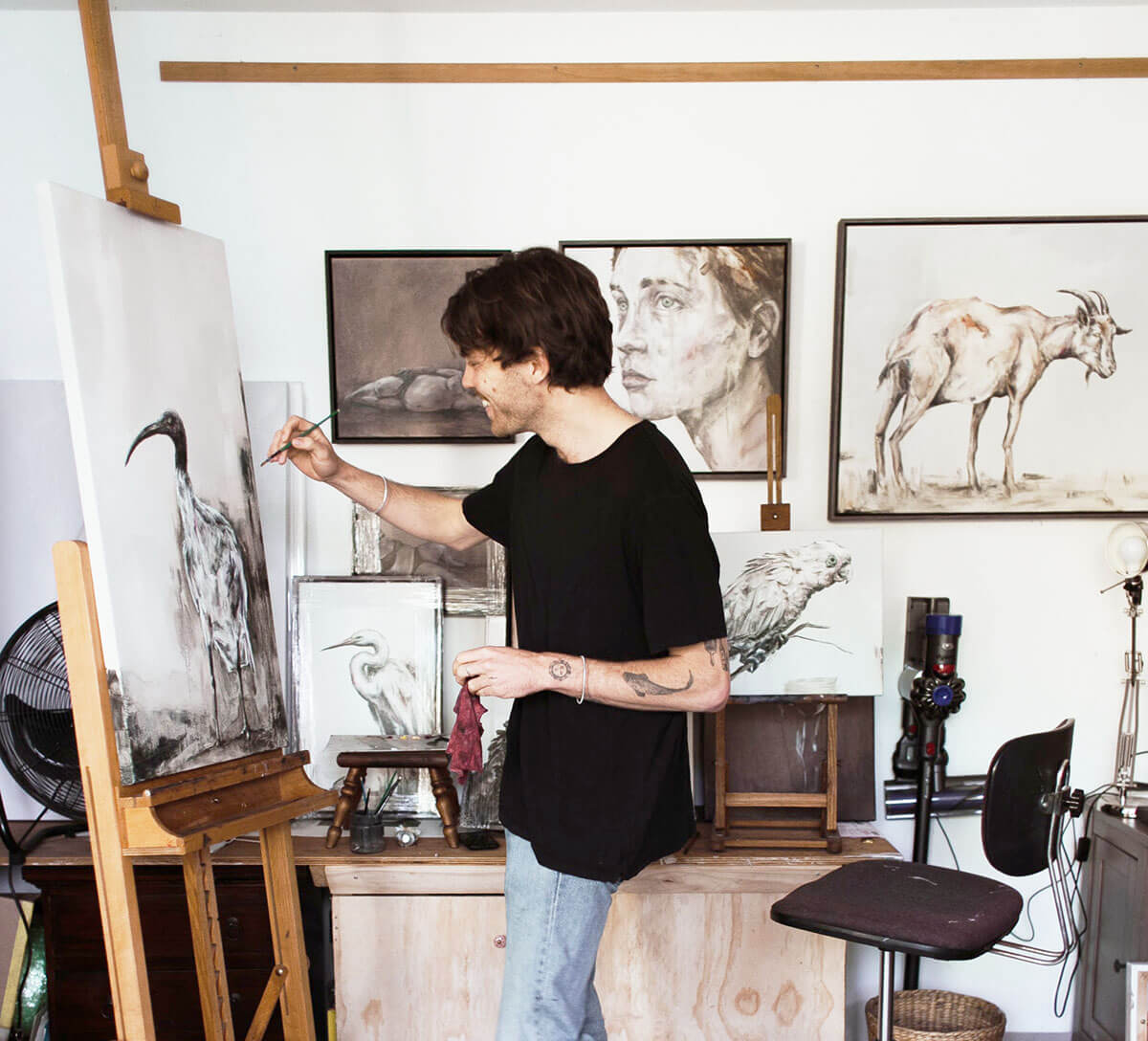There are many quotations by Warren Buffett that you can live by as an investor. Perhaps one of the sagest pieces of advice
is: “You only have to do a very few things right in your life, so long as you
don’t do too many things wrong.”
That he said “too many
things wrong” rather than “anything wrong” is recognition that investors can
and do make mistakes or, if not mistakes, then opportunities to learn.
But according to artificial intelligence (AI)
entrepreneur and venture capital investor Gilad Berenstein, “Investing in a
company that does not work out is NOT a mistake. It’s part of the job. The
mistake is investing in a company that you should not have invested in. AKA,
you did not do your homework and did not follow a good due diligence process.”
He believes many investors are guilty of “forgetting
their circle of competence.”
“When you are an investor and people are
always kissing your ass, it’s easy to forget where the edge of your
expertise lies,” he said. “This can lead to both bad investment decisions (not
a huge deal) and bad founder guidance (a bigger deal).”
Subscribe to our newsletter below
Timothy O’Neil-Dunne, principal of Seattle-based tech consultancy T2Impact—who has
studied thousands of start-ups and scale-ups—said for some investors, making
mistakes is built into the process.
“Take 500 startups or Y Combinator, what is
their model? Here’s 500 guys, throw them against the wall and 2% of them make
it,” he said.
He points to the electric vertical takeoff
and landing sector, which has seen huge levels of investment in recent years.
“So far, there’s been investment
approaching $35 billion in a field where just one company may become a unicorn
and make a billion dollars—just one.”
Gaurav Tuli, apartner at venture capital (VC) group
F-Prime Capital, agrees that getting investments right in travel is a challenge.
“Startup
investing is hard,” he said. “Most early-stage companies fail, and even the
ones that survive often don’t move the needle for a fund. The real goal is
finding the rare power-law outliers that can return an entire fund. So, yes,
investors make mistakes. All. The. Time. It’s part of the job—the mission isn’t
to not make mistakes, it’s to be right when it matters most.”
He added, “Travel has such unique market
dynamics that it really requires patience, learning, iterating and most
importantly, investing (‘writing the check’). There’s no way to really
learn those lessons if you don’t get back on the horse and try again.”
Strategic investing
Pierre Becerril is a Madrid-based angel
investor and co-founder and CEO of Directo, a travel co-pilot that finds and
compares direct booking rates in real time as users search the web for travel
deals.
According to Becerril, many investors are guilty of
“buying the hype.”
“There’s a long list of post-hype travel
startups that raised and crashed hard, a history that explains why many VCs shy
away from the sector, despite its massive potential.”
Investors make mistakes. All. The. Time. It’s part of the job—the mission isn’t to not make mistakes, it’s to be right when it matters most.
Gaurav Tuli, F-Prime Capital
Too many investors apply sales-as-a-service
or marketplace playbooks to travel, he believes.
“Travel is fragmented, seasonal,
operationally complex and often non-repeatable. Supply is deeply local, and
logistics are heavy. I’ve seen it repeatedly: VCs backing operationally intensive
businesses at software multiples, only to face the reality that these models
simply don’t scale in the same way.”
Investors often value the wrong things, Becerril
believes.
“Access to supply, deep networks and
executional know-how are frequently undervalued. Travel is a mature and
fiercely competitive space, one of the first industries to go online. Unlike
newer categories, it doesn’t reward naive disruption. Founders with domain
expertise, especially in B2B travel, have a far higher chance of succeeding. Supplier
relationships, contracting cycles and system integrations take years to build.
In this industry, being an outsider can be deadly.”
This complexity is part of the reason that even
experienced investors in the space get it wrong, said F Prime’s Tuli.
“When we pass, it’s often because we’ve
underestimated how much great teams can expand their addressable market through
product velocity and strong distribution, like we’ve seen with Lighthouse and
Canary. When we invest and miss, it’s usually because we backed a great team,
but the market itself was too structurally challenged. Sometimes, no matter how
good the team is, the market just isn’t ready.”
Patience and focus
Richard Valtr, founder of hospitality
management cloud provider Mews, said some investors have “unrealistic
expectations” of the timeline for a return on their investment, particularly in
Europe.
He said, “You have to be aggressive [as an
investor], in that you should expect some kind of hockey-stick growth, but I do
think that sometimes revenue ramp up is expected in a much quicker way. It’s
better for investors to try and be a little bit more patient at the beginning
and look at like other different types of metrics, apart from every year.”
He also believes that early-stage investors
are too often fixated on their Excel sheets.
“In the beginning we would talk to these
investors, especially German investors, and every single thing was just like
one big Excel sheet. They would ask us very detailed questions about the model,
rather than asking us anything about the business or anything about the
technology or anything about the way that the industry actually operated,” he said.
“In the early stages, you shouldn’t bet on the Excel spreadsheet; you should
bet on the founder and bet on the team.”
It’s better for investors to try and be a little bit more patient at the beginning and look at like other different types of metrics, apart from every year.
Richard Valtr, Mews
Since investors can and do make mistakes,
it is important for those seeking investment to be selective, if that is an
option.
F-Prime’s Tuli said that very few travel
startups have the luxury of choice.
“When they do, it is because they’re
exceptional founders and because they’re exceptional; they also look
holistically at potential investors as an extension of their team. The
investor’s success rate may be one factor (who doesn’t want to be in good
company), but more important is the earned knowledge, network and support that
comes from having seen those successes.”
Berenstein said, “Picking the right
investor is an important part of the journey. And thinking about their circle
of competence is critical. This is why the term dumb money exists. It’s not
that that person is dumb, it’s just that they are investing in an area in which
they lack expertise.”


:max_bytes(150000):strip_icc():format(jpeg)/TAL-la-perla-flamenco-palacio-sagasta-lobby-CADIZSPAIN0625-a235aad4c7fe49f4b1944c7af28c68fa.jpg?w=150&resize=150,150&ssl=1)




